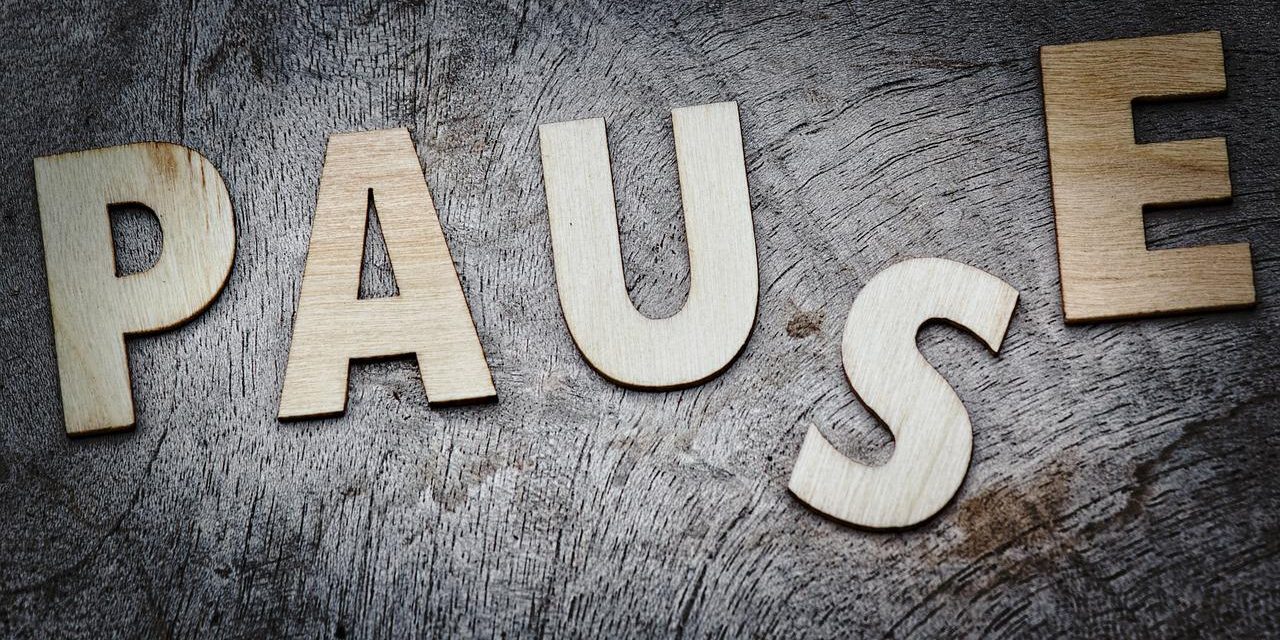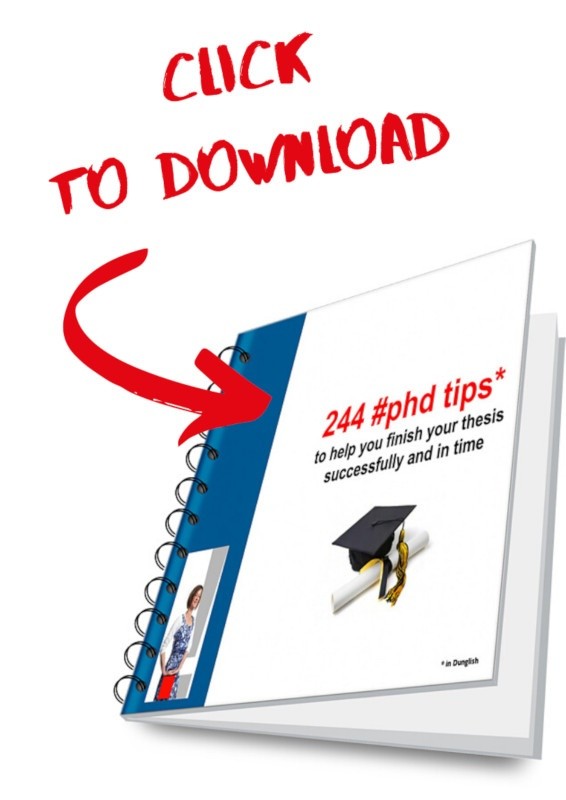‘I can’t concentrate’, Peter is saying. Sandra reacts: ‘It seems I am working more hours weekly but with fewer results.’ ‘Doing your PhD can be such a sh*tty job now and then. It is never good enough; I am not progressing as I should and constantly struggling on my own. On top of this: my supervisor will be available in three weeks’ time….’ ‘I know exactly what you mean,’ replies Sandra. ‘I really love the subject I am working on and I really want to finish my PhD.’
It is such a well-known problem: you work tirelessly, but the more you work, the less you succeed. Cause? Not enough breaks in the day.
Isn’t that too simple a conclusion?
Nope, it isn’t. If you keep going, you are mainly very busy. And there is no limit to being busy. New items will be added to your to-do list. So you keep ever busier and you run out of time to do other things. Then guilt creeps in and being so busy means your head is overflowing, so it is tough to focus.
Being busy is something else than working with focus. If you work with focus and you know exactly what you do and why you will achieve a lot in a short time. How do you create focus? Exactly; the answer is: taking regular breaks!
Research shows that we can only focus for a limited period of time. Depending on which research it is stated that a person’s attention span varies between 25 to 90 minutes. This attention span is negatively influenced by various factors like lack of sleep, not enough exercise, stress, or too much technology.
So it is really important to have a break after 25 to 90 minutes and recharge to be able to start again with focus and concentration.
That is why I am such a fan of the Pomodoro technique
Perhaps you are already familiar with this technique: working for 25 minutes, a 5-minute break to recharge. Or – if a blocked time of 25 minutes is not efficient for you – allocate 45 minutes for work, 15 minutes break, or 90 minutes work, 30 minutes break.
What to do during breaks?
We tend to grab our phones or scroll the internet during these breaks. However, doing this won’t let your brain recharge. A while ago Rob sent me an article. Jan-Hermen Ploeg (big fan of the Pomodoro technique) had been interviewed for Financieel Dagblad. He admitted that he struggled to find the right things to do in the breaks between the Pomodoro’s. Checking news websites or listening to new music didn’t work: the breaks lingered on longer than necessary because he lost himself in what he was doing. Then he found the perfect solution
Breathing exercises
By exhaling a little bit longer than inhaling, you will create more rest because your parasympathetic nerve system will be activated. Your head and body will relax. Have a look at this blog for examples.
As Jan-Hermen Ploeg is saying in the interview: ‘By combining the breathing techniques with the Pomodoro method I really brought balance in my days. Of course, it is really hard (…) to do this in a perfect manner. However, even by doing this in the mornings, I am really happy and it leaves me space in the afternoon for some freewheeling.’




